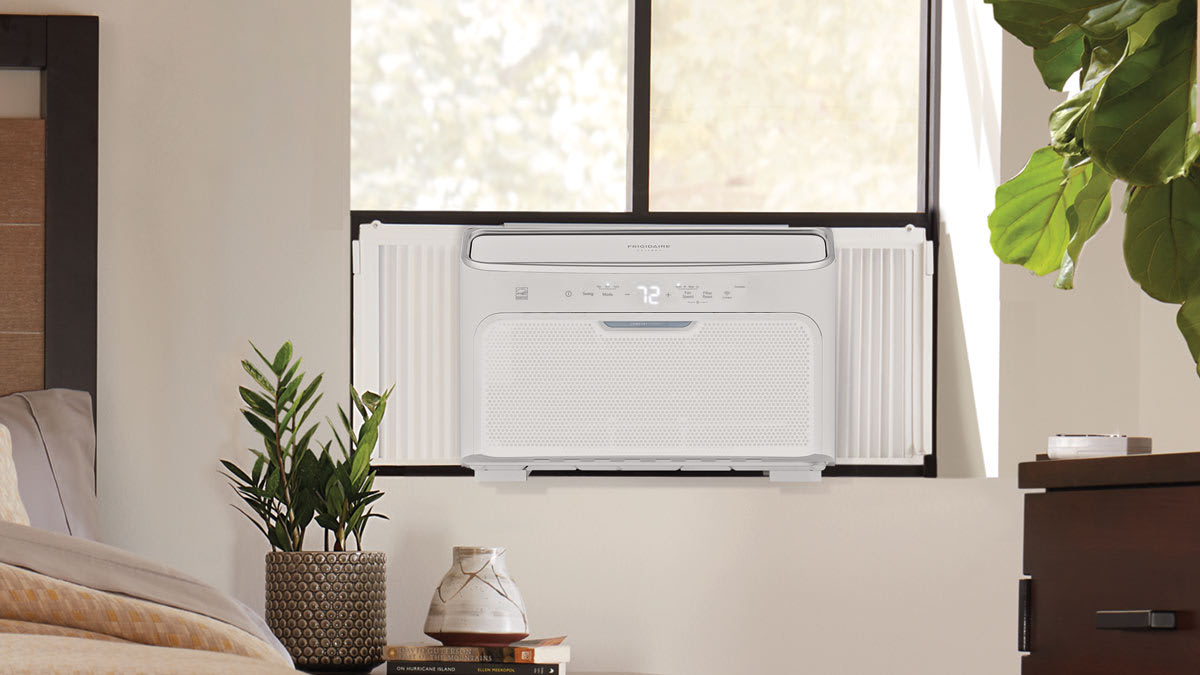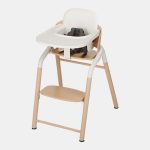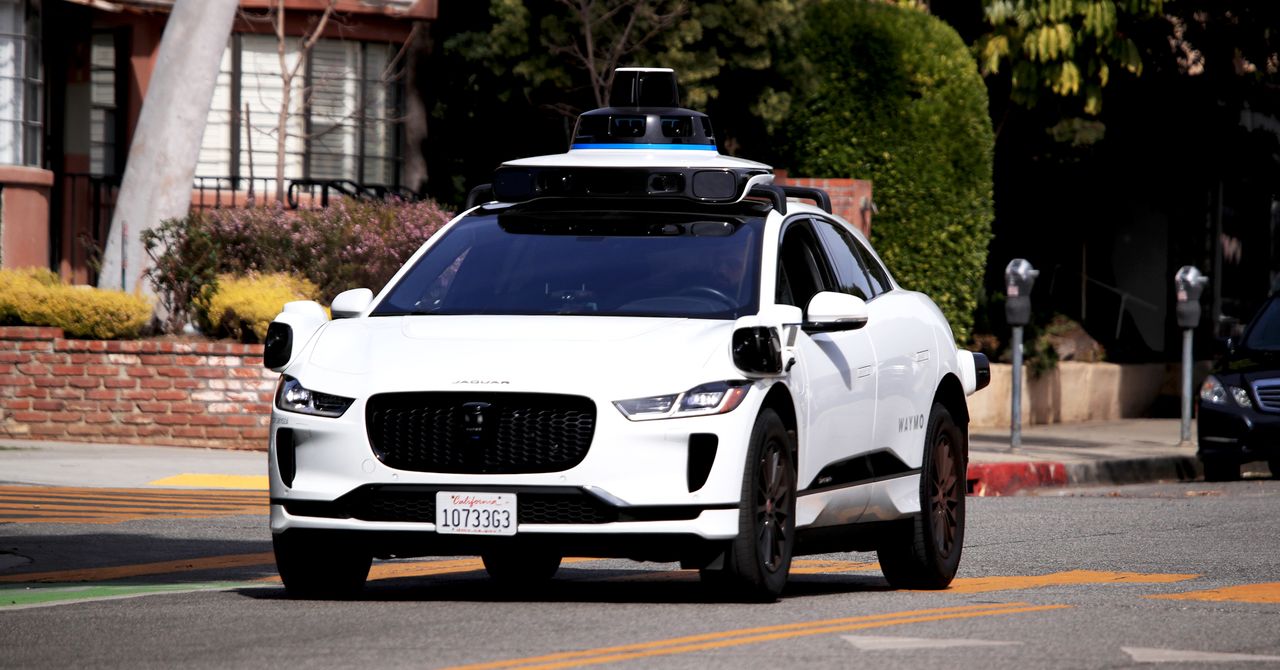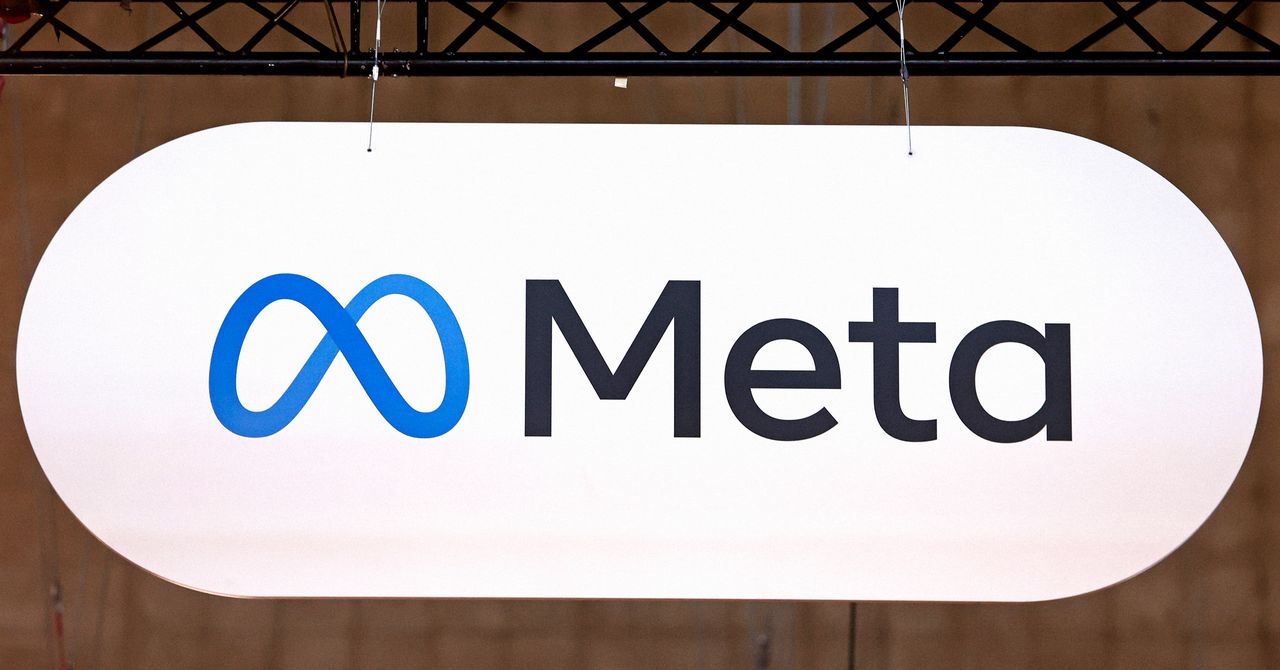
Inverters are more energy-efficient: An air conditioner uses a lot of juice when the compressor kicks on and a conventional unit continues its power-hungry ways throughout the cooling process. By operating in the middle of the power band, an inverter can be significantly more frugal.
That efficiency saves you money: According to one Department of Energy analysis, an inverter unit could trim about $17 a year from your power bill. And while that might not sound like much, over the nine-year average life span of a window AC, that adds up to around $153.
Better yet, an inverter air conditioner allows you to lower your carbon footprint with little or no sacrifice in performance.
Inverters are quieter: Because they don’t often run at full blast, inverter ACs tend to be easier on the ears. The quietest ACs in our ratings are all inverter models, with noise readings that are, in most cases, significantly quieter than those for conventional models.
The other advantage? Hearing the compressor kick on and off can be more intrusive than the steady hum of an inverter compressor, so an inverter might be less likely to wake you up at 3 a.m.
Inverters cool better: “Inverters tend to cool the room more quickly,” Regan says. “So they’ve tended to gravitate toward the top of our comfort ratings.” And because inverters respond to smaller fluctuations in room temperature, they’re more likely to keep the temp steady once the room is cooled down.
Inverters are easy to operate: While the internals of inverter ACs are more sophisticated than those of old-school units, the models operate in much the same way. You set the temperature, you set the fan speed, and you wait for the AC to cool the room. Easy-peasy.









